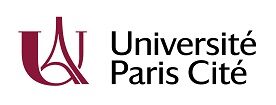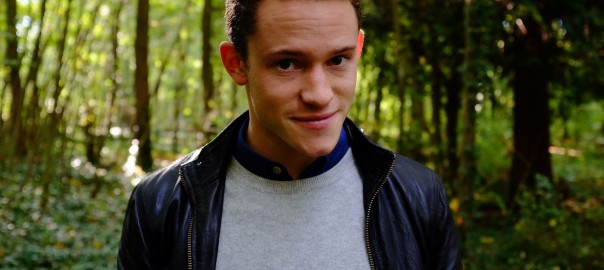My enrollment in Paris Descartes’ MSc in Comparative Effective Research was more or less a happy accident. Initially, I had arrived in Paris as a student of French, newly graduated from university and eager to extend my longstanding Francophilia into a year-long sojourn before beginning medical school in the United States. I felt deeply that I needed a pause from academics before I embarked on the medical path I had so long intended to take. Once I had fallen into a Parisian routine, however, I quickly sensed that a year would not be enough.
Although I majored in literature and history at Yale University, I was also pre-med—meaning I took the science and math classes that are required to subsequently attend medical school. Basic science did not thrill me, but during university I complemented these courses with seminars in public health and applied for grants to complete global health projects during my summer vacations. In the December after I arrived in Paris, it dawned on me that my stay in France was the ideal opportunity to focus on this abiding interest.
I began researching with Professor Philippe Ravaud the following spring, and my medical school granted me a second sabbatical year to complete his new master’s program in Comparative Effectiveness Research. On our first day of class, I found myself surrounded by students of immensely varied academic backgrounds and nationalities. Nevertheless, the small size of our program and weekly group projects knitted us quickly together in friendship. With two different professors every week, each of them luminaries in their respective fields of study, we received a crash course in both the methodology and the relevance of nearly all of the realms of biomedical research.
Many paths are open to a student emerging from this master’s program. It has altered my own significantly, as I expect that clinical research will be an essential part of my eventual practice as a physician. What’s more, I now have a far more comprehensive understanding of the world of biomedical research—what it looks like at its best, what it looks like at its worst, and in which directions it is (and should be) headed in the second decade of the 21st century. Most of all, this program has given me the tools I need to engage with, to critically appraise and, one day, to produce medical literature as a physician and as a researcher.
The MSc in Comparative Effectiveness Research is a unique opportunity to learn from some of the finest professors in Europe, to develop friendships with students from around the world and—lest we forget—to live in the inimitable City of Light.

